|
|
|
Editor's note
|
|
Kia ora koutou and welcome to your New Zealand newsletter.
First up, The Conversation is looking for an experienced senior journalist to join me in early 2020 to cover politics, business and the humanities. Please help us reach people who would be interested in this role and share widely among your networks. Applications close on December 9.
And now to this week’s coverage.
Late on Friday, the jury returned a guilty verdict in the Grace Millane murder trial. The three-week trial seized front pages, with article after article fixated on details of her personal history. Daisy Richards at De Montfort University argues that this treatment is part of a much larger media trend in how violence against women is represented.
Despite disruptions to global value chains, the 18-month trade tensions between the US and China appear to have left New Zealand exporters unscathed so far. But Hongzhi Gao and Ivy Guo, at Victoria University of Wellington, warn this is no reason for complacency.
Last month, a Court of Appeal decision set a precedent, allowing offenders to argue their drug addiction should be considered a mitigating factor. The change is part of an overhaul of guidelines used by judges since 2005 and Lisa Marriott, also at VUW, argues this approach should extend to other crimes where poverty, deprivation or addiction play a key role in the offending.
And the Climate Explained series continues, this week with Shaun Hendy, at Te Pūnaha Matatini, looking into how much flying contributes to climate change.
Many thanks for reading. You’ll find much more on the New Zealand page and The Conversation’s Australian and other international editions. He mihi nui ki a koutou katoa.
|
Veronika Meduna
New Zealand Editor
|

|
|
Top stories
|
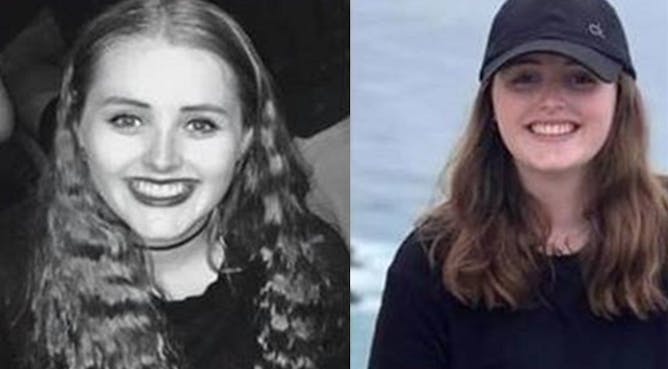
Grace Millane, 21, was killed in 2018 while backpacking in New Zealand.
Auckland City Police/PA Wire/PA Images
Daisy Richards, De Montfort University
The media presents female victims as culpable for their own brutalisation. For Grace Millane, this meant her sexual preferences were more important than the horror of her death
|
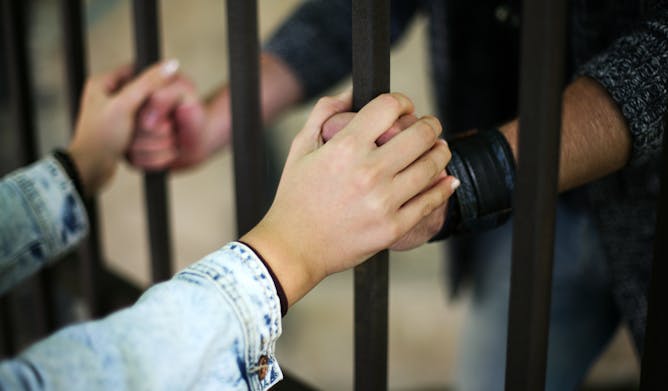
An analysis of some of the most serious cases of financial fraud in New Zealand shows white-collar offenders received discounted sentences despite a range of aggravating factors.
from www.shutterstock.com
Lisa Marriott, Victoria University of Wellington
A New Zealand Court of Appeal decision set a precedent last month. Offenders who can prove their personal addiction played a role in their crime are now eligible for a shorter sentence.
|
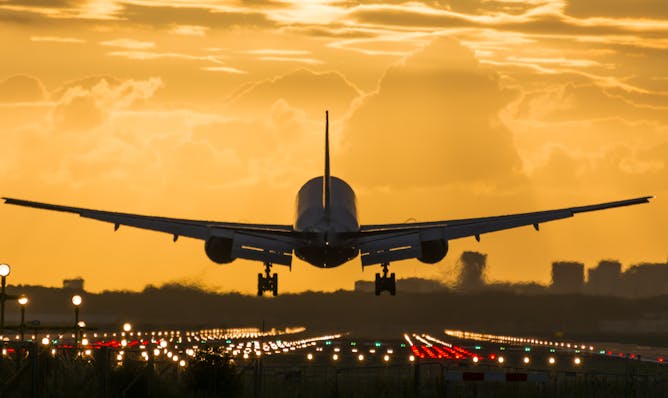
Planes can create clouds of tiny ice crystals, called contrails, and some studies suggest they could have an a significant effect on climate.
from www.shutterstock.com
Shaun Hendy, University of Auckland
Globally, emissions from air travel account for only about 3% of the warming human activities are causing, but aviation affects our climate in a number of ways.
|
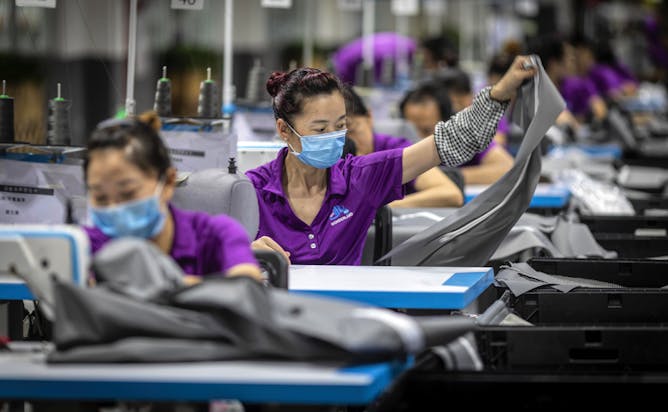
While tariffs have a direct impact on exporters in the US and China, third-party countries like New Zealand are more affected by non-tariff barriers.
EPA/Aleksandar Plavevski
Hongzhi Gao, Victoria University of Wellington; Ivy Guo, Victoria University of Wellington
So far, New Zealand exporters have not been affected by the trade war between the US and China, but the Hong Kong crisis could easily embroil any foreign company.
|
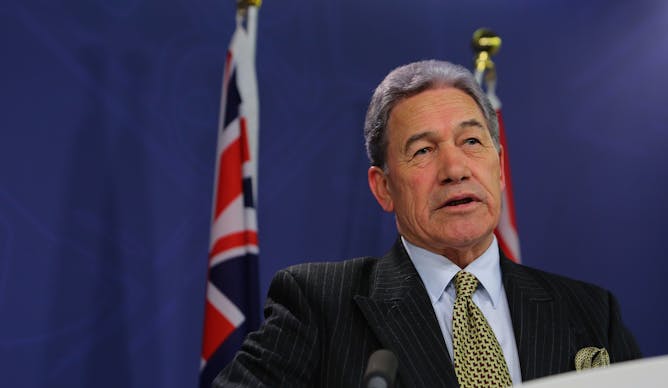
Deputy Prime Minister Winston Peters, the leader of the New Zealand First party, maintains that no laws have been broken in his party’s funding arrangements.
AAP/Paul Braven
Andrew Geddis, University of Otago
The New Zealand First party, a government coalition partner, has received tens of thousands of dollars from a foundation whose trustees include the party’s lawyer and an ex-MP.
|
From The Conversation's international editions
|
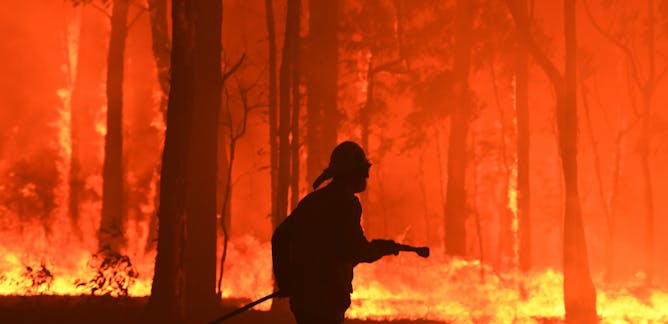
Blythe McLennan, RMIT University
Volunteer numbers are shrinking in rural areas, leaving fewer people to battle bushfires. We need to change our thinking about volunteering to recruit more firefighters and keep the ones we have.
| |

Sunanda Creagh, The Conversation; Phoebe Roth, The Conversation
Antibiotic resistant infections already kill about 700,000 people globally every year. While scientists are racing to find new ways to fight superbugs, there's one thing you can do, too.
|
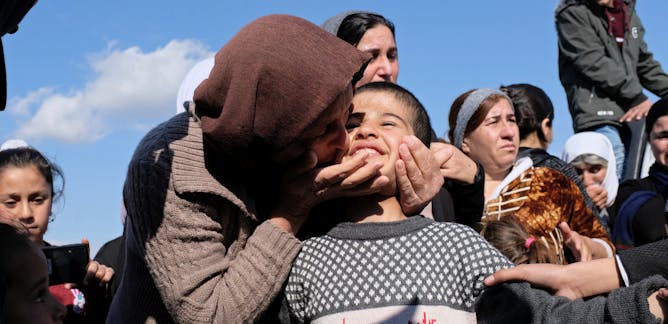
Tutku Ayhan, University of Central Florida; Güneş Murat Tezcür, University of Central Florida
Interviews with the Yazidi survivors of IS attacks that killed 3,100 people in 2014 reveal the emotional, cultural and spiritual scars of religious persecution.
| |

Eugenia Ha Rim Rho, University of California, Irvine
When news stories include a catchy hashtag, readers perceived the news topic to be less socially important and more partisan.
|

John Colley, Warwick Business School, University of Warwick
Uber's London licence has been a political football for several years, but that's not really the point.
| |

Luthfi T. Dzulfikar, The Conversation
India may soon follow in the footsteps of Asian space giants China and India, after the National Institute of Aeronautics and Space (LAPAN) announced a plan to build a spaceport in Papua.
|
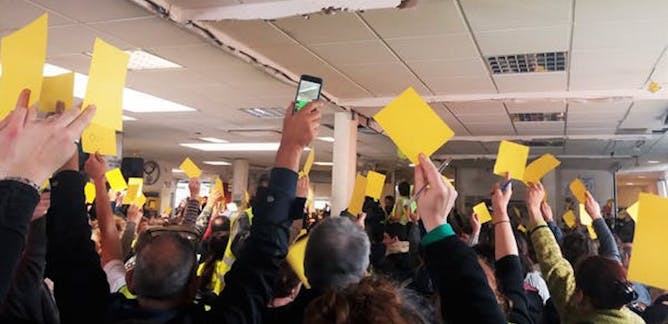
Elise Lobbedez, EM Lyon
Including direct accounts from 'yellow vests' members in the Lyon area, a look back at what has changed in the daily lives of people in the movement.
| |
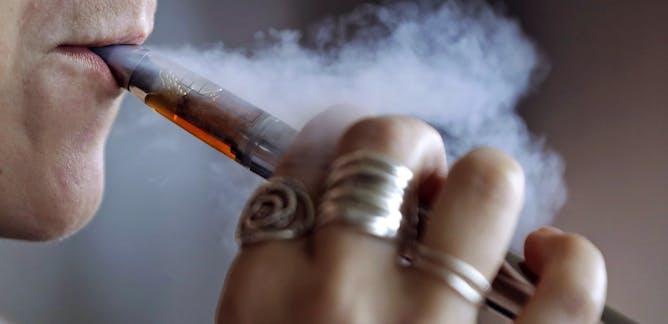
Karen Bosma, Western University; Simon Landman, Western University
As vaping increases among youth, so do the life-threatening lung injuries that accompany it. 'Popcorn lung' is the latest.
|
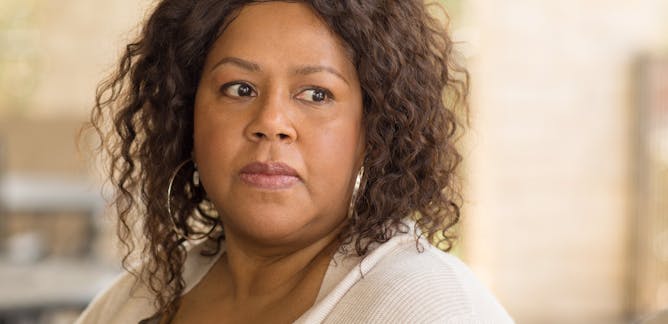
Rebecca Renkas, University of Toronto
Menopausal women who were abused as children experience more hot flushes while sleeping than those who were not abused, according to recent research.
| |
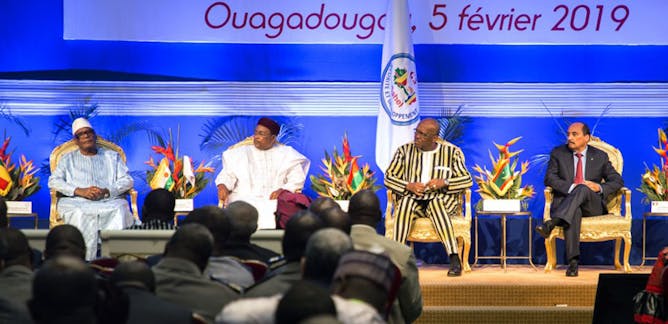
Bakary Sambe, Université Gaston Berger
Local communities only see "crime" and "banditry" when it comes to religious-based Jihadism.
|
|
|
| |
| |
| |
| |
| |
| |
|
|
|
|
|
|
|